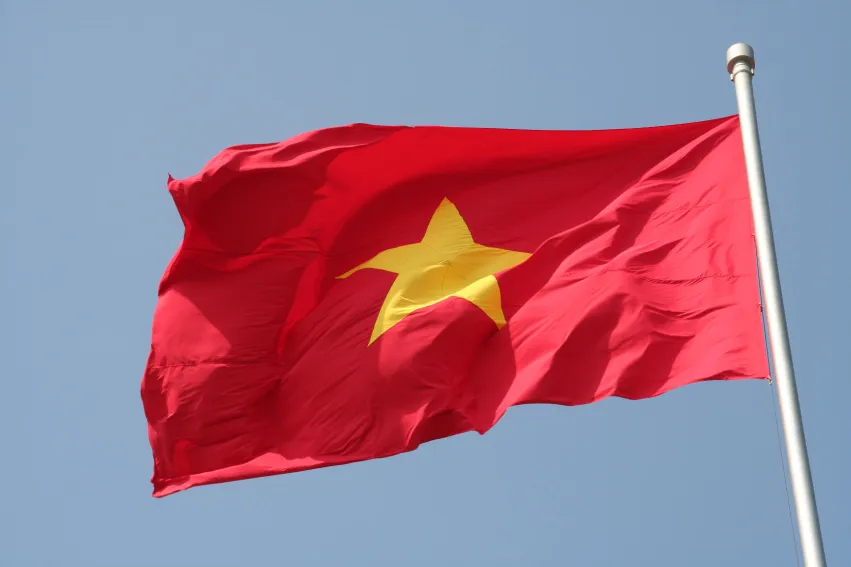
Vietnam abandons net-metering method for rooftop solar projects
Buyers now need to directly pay for the electricity they receive from sellers.
Vietnam will change the trading method for rooftop solar projects by replacing the net-metering method with the direct consumption-direct supply method. It issued Decision No. 02/2019/QD-TTg which amends some points in Decision No. 11/2017/QD-TTg.
Previously, electricity sellers that sourced from rooftop solar projects were required to sell to consumers based on the net-metering method with two-way electricity meters.
Waewpen Piemwichai, attorney at Tilleke & Gibbins International, explained, “If the amount of electricity generated from rooftop projects was greater than the amount consumed by the seller, the surplus would be carried forward to the next trading cycle. At the end of the year or upon termination of the contract, any surplus electricity would be sold to the buyer at a specified price.”
With the new method, buyers will now directly or separately pay for the amount of electricity they receive from rooftop project sellers. Sellers also need to directly pay for the electricity they receive and consume from the power grid.
Decision 02 also removes the condition that the electricity is sold to the buyer once a year, at the end of the year, or when the contract is terminated, Piemwichai noted.
Additionally, changes were made in the responsibilities of government agencies. The Ministry of Industry and Trade (MoIT) will now promulgate the regulations on the connection of solar projects, and it will no longer be required to give instructions on the calculation of the net-metering mechanism.
MoIT will also be required to give instructions on how to calculate purchase prices for solar projects according to the VND-USD exchange rate instead of imposing adjusted purchase prices.
The requirement for the Ministry of Finance to consider amending regulations on the exemption of rooftop projects from taxes and fees will also be let go.








![Cross Domain [Manu + SBR + ABF + ABR + FMCG + HBR + ]](https://cmg-qa.s3.ap-southeast-1.amazonaws.com/s3fs-public/styles/exclusive_featured_article/public/2025-01/earth-3537401_1920_4.jpg.webp?itok=WaRpTJwE)
![Cross Domain [SBR + ABR]](https://cmg-qa.s3.ap-southeast-1.amazonaws.com/s3fs-public/styles/exclusive_featured_article/public/2025-01/pexels-jahoo-867092-2_1.jpg.webp?itok=o7MUL1oO)









 Advertise
Advertise


